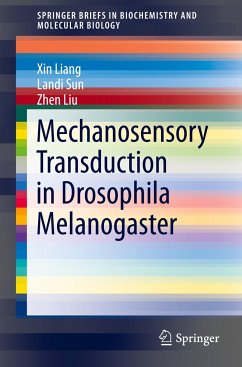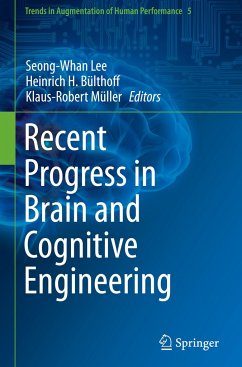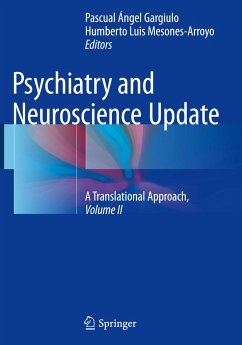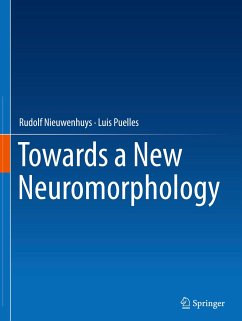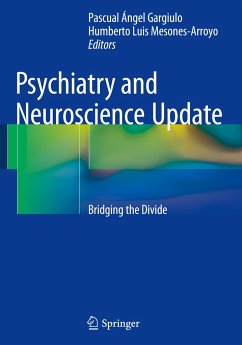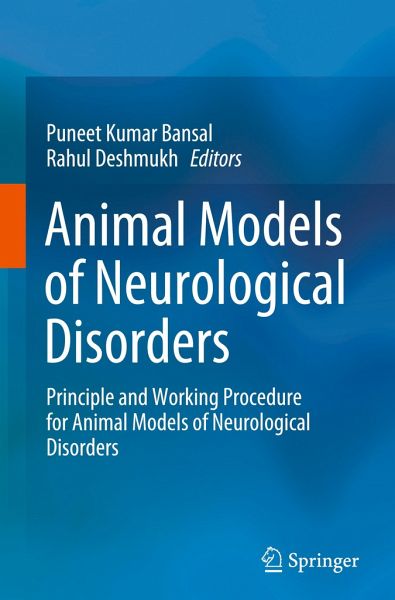
Animal Models of Neurological Disorders
Principle and Working Procedure for Animal Models of Neurological Disorders
Herausgegeben: Bansal, Puneet Kumar; Deshmukh, Rahul

PAYBACK Punkte
57 °P sammeln!
This book introduces undergraduate, postgraduate and research students and scientists to animal models of neurological disorders, along with their working principle and brief procedures. Addressing all the disorders related to the central nervous system (CNS) in a single platform, on the basis of various literature surveys it describes different procedures to induce a single disease with the help of toxins/chemicals. It also includes numerous protocols for inducing single neurological diseases, thus fulfilling an urgent need for a book that makes specific procedures for neurological disorders ...
This book introduces undergraduate, postgraduate and research students and scientists to animal models of neurological disorders, along with their working principle and brief procedures. Addressing all the disorders related to the central nervous system (CNS) in a single platform, on the basis of various literature surveys it describes different procedures to induce a single disease with the help of toxins/chemicals. It also includes numerous protocols for inducing single neurological diseases, thus fulfilling an urgent need for a book that makes specific procedures for neurological disorders available, so that specific disease can be induced in laboratories according to the availability of resources. Further, it acquaints readers with the pathological changes that occur in a particular neurological disorder, which reflect specific signs and symptoms of any particular disease, and examines how they affect everyday life. It is a valuable resource for researchers aiming to eradicate or improve neurological disorders by testing the benefits of different drugs.




